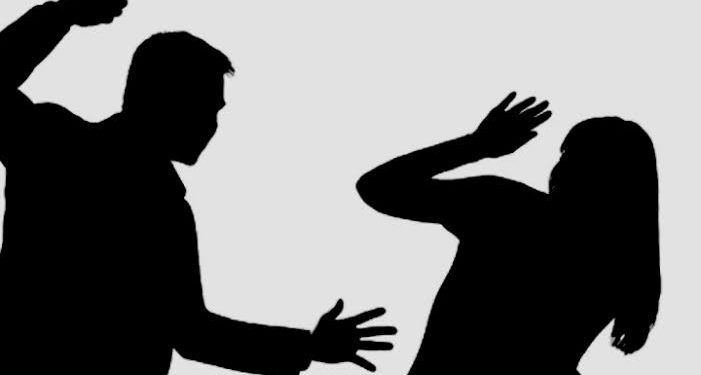In a bid to prevent further harm to victims and the society at large, media practitioners have been charged to embrace ethical practices when reporting issues related to Violence Against Women and Girls (VAWG).
The admonition came during a media hangout organised by the Centre for Women’s Health and Information (CEWHIN) in Osogbo, with the theme: “Ethical Media Reporting on Prevention of (and Response to) Violence Against Women and Girls: Balancing Truth, Sensitivity, and Impact.”
In his keynote address, the special adviser to the Osun governor on Public Communication, Mr Olusola Ajala, insisted that the media’s role in reporting violence to the public can be counterproductive if it is not handled ethically.
According to him, arbitrary sensationalising of violence stories, primarily as it affects girls and women for whatever reason, will hurt the victim, send wrong signals to society and eventually have negative consequences on the medium of communication.
In her remarks, CEWHIN Executive Director, Atinuke Odukoya, highlighted the media’s role as a powerful agenda-setter and mindset shaper.
She called on journalists to use their platforms to build a culture where violence is neither normalised nor tolerated, adding, “We must get to a place where communities say, ‘We don’t do this here. That is the vision for Osun, a state that will say no to all forms of violence against women and girls.”
Odukoya noted that the media is a stakeholder in the fight against Violence Against Women, adding that practitioners must see themselves as community leaders who are being looked up to by society as platforms to shape their understanding and response to gender-based violence.



